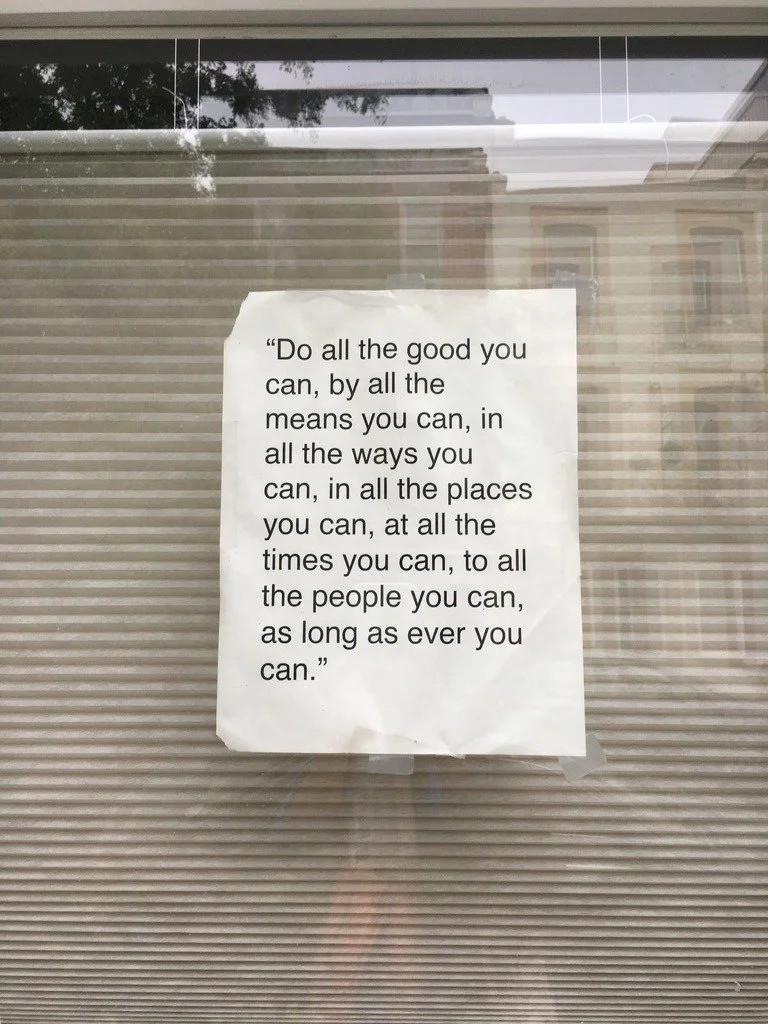Book Club Session Review: What is a Realist?
Our goal is to develop a philosophy of balance and humility, which is Realism. When we become realists, we develop balanced habits. We become our best selves, and when we are our best selves we relax.
From Mental Health Through Will Training, Chapter 5, Realism, Romanticism, Intellectualism, on page 75 in the 1997 edition.
What is Realism and why is it so important?
Realism is about having balanced habits. Someone in the book study said that it is about averageness. We stop coddling our thoughts and pampering our symptoms and deal with the world as it really is. When we become realists, we learn to trust our basic functions and we can relax.
Dr. Low said it this way: “If this is accomplished, a mental attitude of self-trust is installed, and the physical and mental tools of the body can then aim straight at their goals, without fear, without self-consciousness, without morbid preoccupation.”
In the example, how did Annette avoid symptoms?
She identified her self-deceptive Intellectualist thought that she had a right not to be pushed around.
She became a Realist, applying the correct Recovery concept that there is no right or wrong in trivialities.
And then she took the Appropriate Action of not making an issue of it with the woman and had the Inner Smile of laughing at how ridiculous her impulse was.
(From Mental Health Through Will Training chapter 8, p101-02, titled “External and Internal Environment.”)
Making it real in Real Time
To become realists requires that, when we are in the thick of it, we learn to become aware of our thoughts and impulses before we react. This is the formula.
Identify our Romanticist and Intellectualist thinking.
Become a Realist, applying the correct Recovery concept that fits the situation.
Take the Appropriate Action under the circumstances.
How did the panel members catch themselves in their deception?
Before they got worked up, in Real Time
or
After they got worked up
Here are the places to study how they did it.
Mental Health Through Will Training chapters 1-10 in the sections titled, “A Panel Discussion Conducted by Patients”
Mental Health Through Will Training chapters 11-31 have Dr. Low’s comments on patient panels
Selections from Dr. Low’s Works, from page 105 to the end
Make a Comment! Please scroll down.










ENDORSE!!